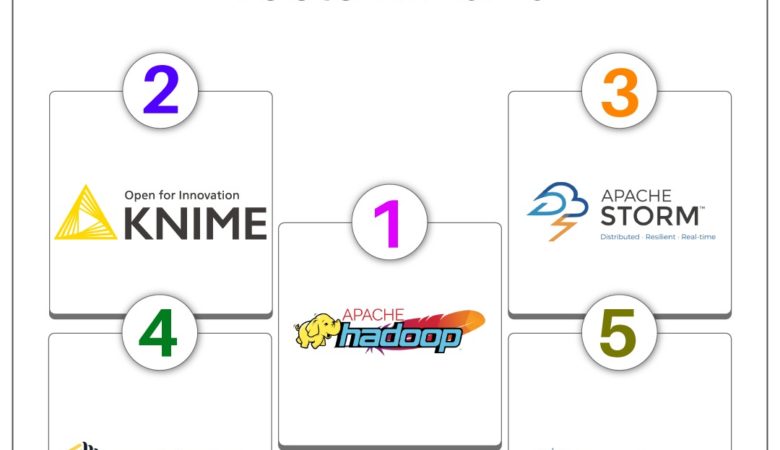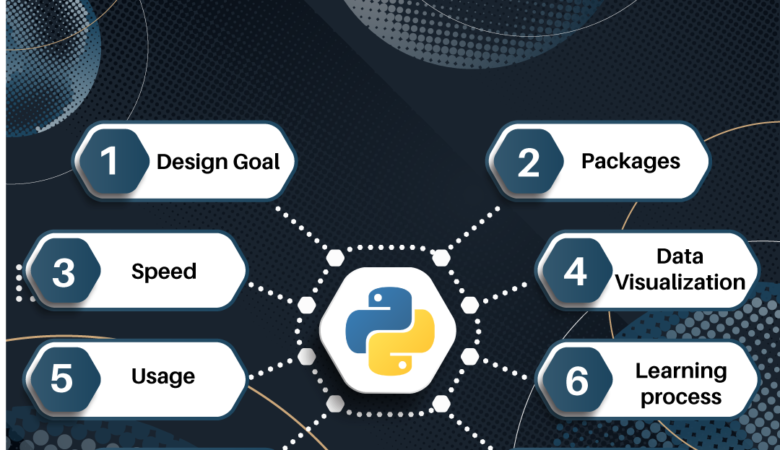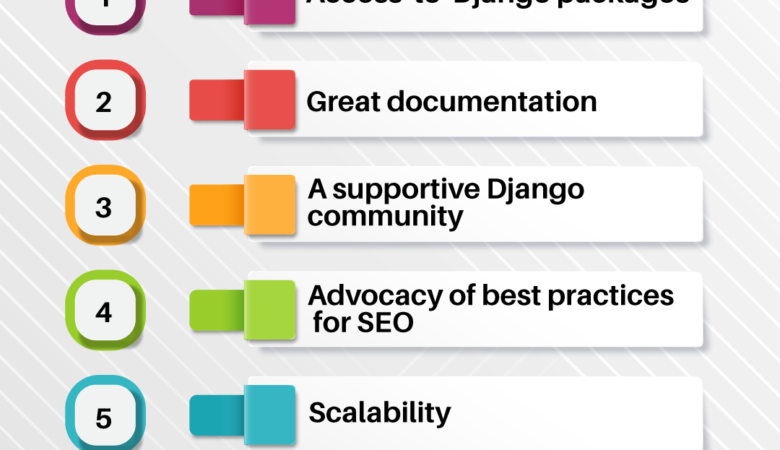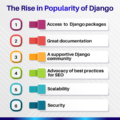
Whether you have prior programming language or someone who has just begun the programming journey, following are some of the tips that will help you learn python efficiently and fast.
Tip #1 – Code every day
When learning anything new, consistency and continuous practice are very important. Making a commitment to code every day either for half an hour or two is important. It helps in retention and faster grasp of new concepts.
Tip #2 – Pen & Paper
Note making still remains of the most effective ways to become fluent. Python is vast and has many concepts. Taking notes promotes retention and helps plan the code before running it.
Tip #3 – Create a community
An easy way to learn is to learn with someone. Friends or online communities help cope up with a collaborative and competitive approach towards learning. Pick up easy, medium, hard assignments and keep a record of how each one is faring.
Tip #4 – Bug hunter
It is inevitable to run into bugs when one starts to execute complex programs. Debugging can be frustrating but can be handled using a methodological approach. Break the codes into parts to run it and make sure each part works fine.
Tip #5 – Go Interactive
Python REPL or the Python Interactive Shell can be used by beginners for enhanced understanding and hands-on experience. Best summarised by how REPL is coined: Read – Take user input, Eval – Evaluate the input, Print – shows the output to the user, Loop – Repeat.
Tip #6 – Teach others
Another way is to help others by answering questions in various forums and communities. You can also document your experience explaining newly learned concepts, or record videos on how you solved a problem in a different way. All of these techniques will help you with a solid understanding of the concepts.
Tip #7 – Following the GOOD principle
We have always heard that there is nothing like a bad question. But in Python, there can be a bad question if you are not asking the good questions! When you get stuck with a problem or cannot solve a bug, it should be best framed as a GOOD question
G – Give context. Clearly, describe the problem O – Outline the solutions you already tried O – Offer your guess about the problem. Helps build a trust that you have thought it, and have a fair idea of what you might be thinking D – Demonstrate what is happening through a code, error text
Most of the learning gets easier because of these GOOD questions that other people post. Skipping any of these will result in multiple threads causing conflicts.
Tip #8 – Pair programming
Pair programming is a technique that involves two developers who work on one problem. They switch between the roles of driver, navigator. The driver is the one who writes the code, while the navigator helps guide the problem and reviews the code. Gives each one a chance for peer code review, and insight into each other thought process.
Tip #9 – Make something
The best way to learn is to actually build something. It could be as small as a Number guessing game, dice roll simulator or as big as a community chat program or simple stock predictor. Remember that what you build is not as important as how you build. This journey makes you ready for real-time activity.
Tip #10 – Giving back
In the open-source model, code can be shared publicly and anyone can collaborate. Even the libraries are open source and make contributions. Many companies publish open source projects which can be solved and can be used as a leverage to gain opportunities to work. Contributing to the community is a great way to create extremely valuable resources for everyone. For anyone who has ever thought about coding or wants to have a career as a programmer in Data Science, Game Development, and Web Development, Python is the best bet!








Leave a Reply